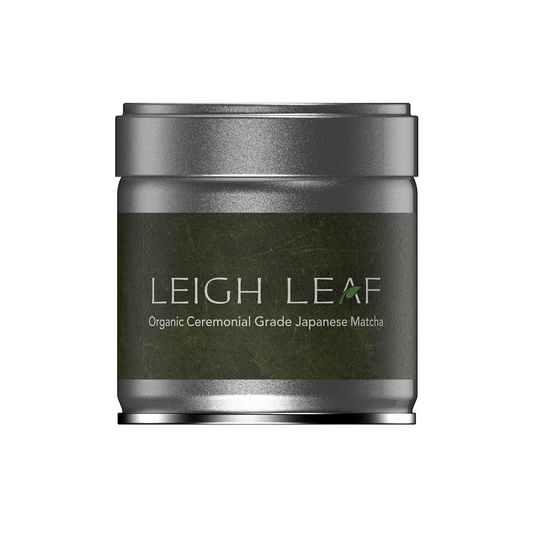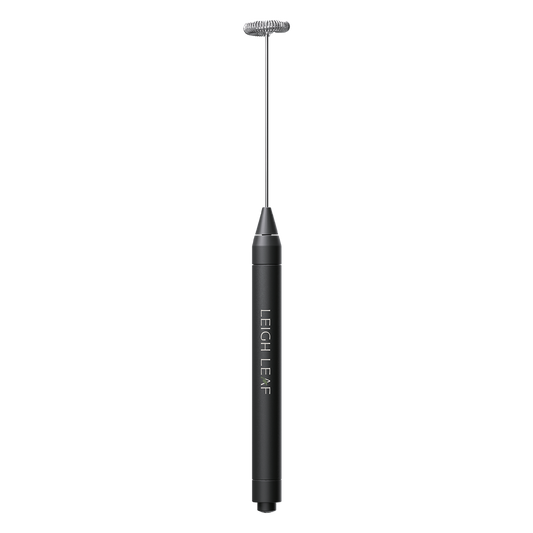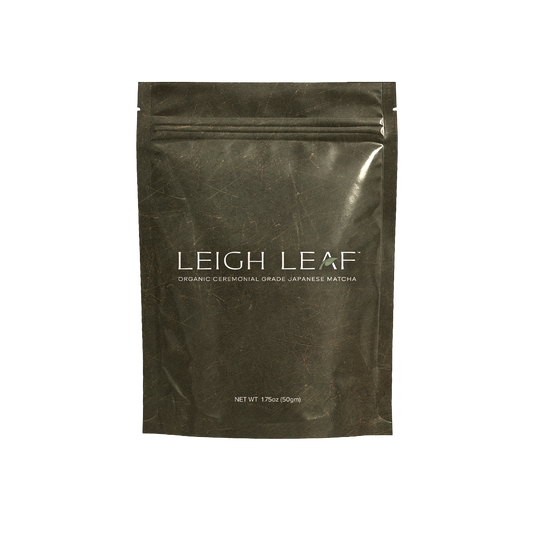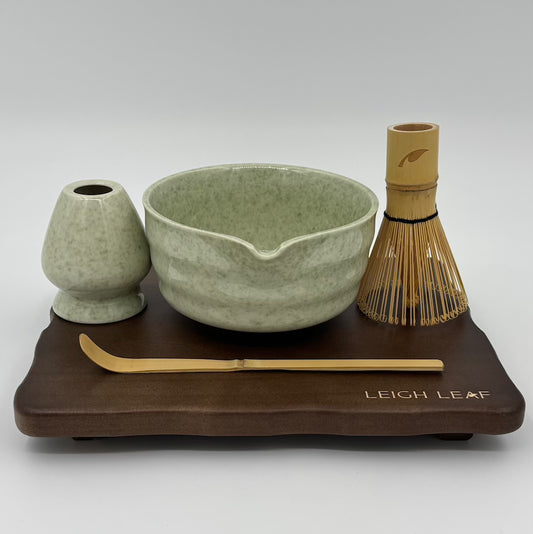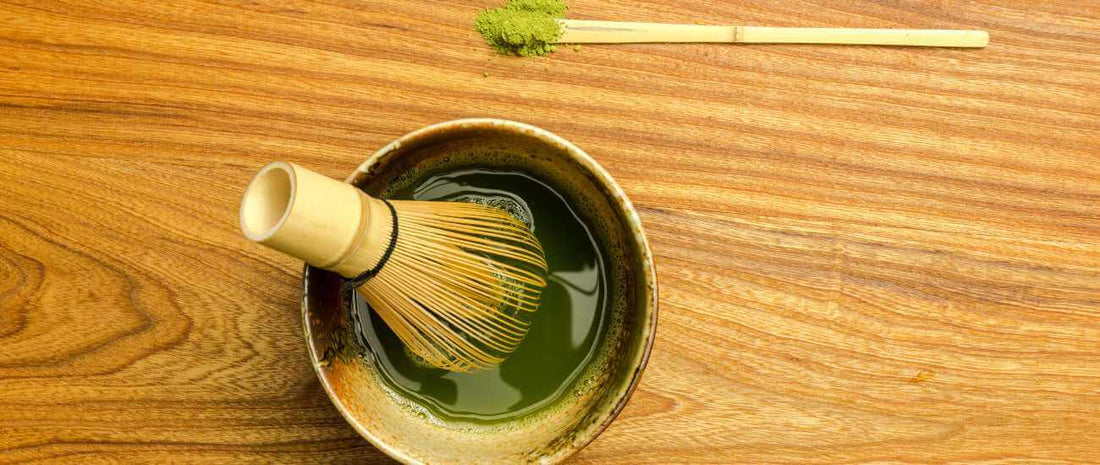
Does Matcha Contain Sugar?
Share
Matcha, the vibrant green powdered tea with roots in traditional Japanese tea ceremonies, has gained immense popularity in recent years. Apart from its distinct flavor and cultural significance, many health enthusiasts are drawn to matcha for its potential health benefits. One common concern among those mindful of their sugar intake is whether matcha contains sugar. In this exploration, we'll delve into the composition of matcha, its production process, and its sugar content to provide a comprehensive understanding of whether this beloved tea harbors hidden sugars.
Table of content
Understanding Matcha
Matcha is a powdered form of green tea that is made from shade-grown tea leaves. The leaves are ground into a fine powder, resulting in a vibrant green substance that is whisked into hot water to make tea. In contrast to traditional matcha green tea, in which leaves are infused in water and then discarded, matcha is consumed whole.
Composition of Matcha
To determine if matcha contains sugar, it's crucial to examine its nutritional composition.
There are several compounds in matcha that contribute to its flavor, color, and health benefits.
The primary constituents of matcha include:
Caffeine: Matcha caffeine provides a mild energy boost without the jittery effects of other caffeine sources.
Antioxidants: Matcha contains catechins, which have been linked to improved heart health, among other benefits.
Amino Acids: L-theanine is an amino acid found in matcha that promotes relaxation and contributes to its unique umami flavor.
Vitamins and Minerals: Matcha is a good source of vitamin A, vitamin C, potassium, calcium, and iron.
Examining Sugar Content
Now, let's address the core question: Does matcha contain sugar? In its purest form, matcha itself is sugar-free. The tea leaves used to produce matcha are not sweet, and the traditional preparation involves combining the powdered tea with hot water. Sugar is not added to this essential matcha preparation.
It's important, however, to consider the context in which matcha is consumed. Many commercial matcha products, such as matcha lattes or pre-packaged matcha drinks, might include added ingredients like sweeteners, milk, or flavorings, which can contribute to the overall sugar content of the beverage. When purchasing matcha-flavored products, you should check for added sugars on the ingredients list.
Matcha and Sugar in Culinary Applications
Matcha has also found its way into various culinary applications, from desserts to savory dishes. Sugar content in the final product depends on the recipe when used in cooking or baking. For instance, a matcha-flavored dessert may contain sugar as an inherent part of its formulation, but this sugar does not come from the matcha itself.
Health Considerations
The absence of inherent sugars in matcha makes it an attractive choice for those looking to minimize their sugar intake. Furthermore, matcha contains a high concentration of antioxidants and other beneficial compounds. Combined with L-theanine, caffeine in matcha promotes alertness without the usual caffeine crash while providing a balanced energy boost.
However, it's crucial to be mindful of added sugars when consuming commercial matcha products or matcha-flavored items. Some pre-packaged matcha beverages or sweetened matcha mixes may contain added sugars, which can contribute to daily sugar intake and may counteract the health benefits associated with pure matcha.
What is the Best Place to Buy Matcha Online?
Identifying the finest matcha online is crucial; selecting from reputable brands ensures a satisfying matcha experience. You can buy the matcha from the most reputed brand, Leigh Leaf. Our Ceremonial Grade matcha adheres to the highest quality standards, offering premium organic matcha powder. Experience the goodness of organic matcha tea with our Matcha powder.
Conclusion - Does Matcha Contain Sugar?
In conclusion, pure matcha, in its traditional form, is sugar-free. As matcha is made from tea leaves without sugar, it is an excellent choice for those seeking to reduce their sugar intake. However, it's essential to be aware of added sugars in commercial matcha products or recipes that incorporate matcha, especially in culinary applications and beverages where sweeteners may be included.
To fully appreciate the potential health benefits of matcha, it's advisable to choose high-quality, pure matcha and be cautious of added sugars in other matcha-infused products. Whether you enjoy matcha in its traditional tea form or explore its culinary possibilities, understanding the sugar content allows you to make informed choices that align with your health and dietary preferences.
Related Article:

